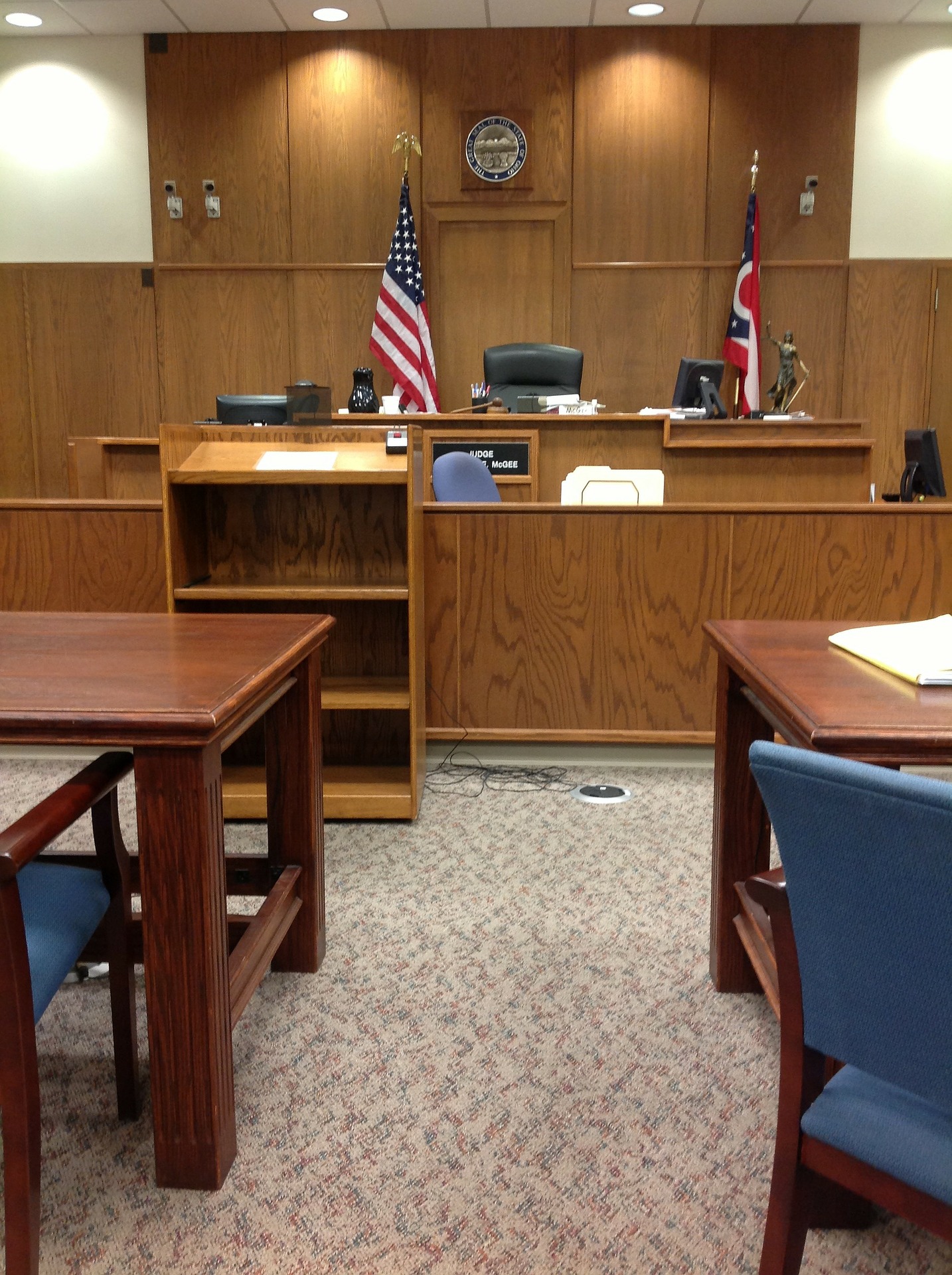So, I found myself in juvenile court.
Twice.
Last Friday, I stood in a line, right inside the entrance of the courthouse.
I waited my turn to go through the metal detector with a group of people who were at the courthouse for any number of reasons. Most of us who were there, and who didn’t get to bypass the machine because of special credentials, wouldn’t have chosen to be there.
I don’t know many folks who choose to go to the courthouse if they don’t work there. It makes for an eerie hush in the halls and stairways. The only ones chatting are attorneys who are regulars.
I walked through the detector and set it off. The security guard asked if I had a belt. No, I didn’t. “Anything in your pockets?” No.
“You’re good,” he said, “I know what it is.”
He had said the same thing to the woman who had gone through before me, but the man who went through before her, didn’t set it off. It took me about a minute to connect the dots. Oh, something women wear must set off the alarm and the security guard didn’t want to mention the unmentionable out loud.
I started to wonder why the alarm didn’t go off for every woman. I guess they don’t all need the “support” that I needed.
I walked up the stairs, weaving through a sea of people waiting outside one of the court rooms. There were at least 30 people sitting on benches and leaning against walls.
The ballif stepped out of the courtroom and addressed those who were within earshot.
“No bandanas. Pull up your pants. Take off your sunglasses and your hat. Spit out your gum.”
Around the corner, I entered the door for the General Sessions Juvenile Court.
I was there because several months prior, I had completed training to be a CASA (Court Appointed Special Advocates). A few years earlier, I had heard of the CASA program, but didn’t start seriously considering it until late last summer.
I wanted to find a way to invest in my community and CASA sounded like a great program. A CASA is a volunteer who goes through special training to be an advocate for children who have been removed from their homes. Some are in foster care and some are in the care of family members or friends. Because of the case load on social workers and court-appointed attorneys, and how quickly things can get shifted from one case worker to another, a CASA is beneficial because they only have one case at a time and regardless of what changes in foster home or attorney or DCS worker, the CASA stays on the case.
So, what’s the CASA’s job?
In a nutshell, the CASA is a voice for the child. My job is to meet monthly with my CASA child and see how they are doing, find out what their wishes are in regard to their placement and find out if they need anything. I make sure that information gets documented and sent on to the right people. I keep updated on the court dates involved in the case.
If you want to do something that involves having a long-term investment and not just a one time thing, this is a great opportunity. It’s one reason I pursued it.
In the basement of a church in downtown Columbia, I sat through a couple of months of training. I learned acronyms and words I had never heard of before: GAL, DCS, adjudication, CFTM, and more.
I learned about the legal process that happens when a child is removed from their home.
We learned about trauma and how being removed from a parent, even when a child is an infant, stays with that child throughout their life.
We read and studied the importance of cultural competency when advocating for a child.
I learned various reasons a parent might be struggling to provide a safe environment for their child that meets their needs: alcohol and drug dependency(a big problem in this area), a history of abuse, poor parenting models, lack of job skills or inability to find a job.
There is a delicate balance between preserving parental rights and keeping a child safe when a parent is struggling.
I learned that being a CASA doesn’t make me a hero. The case details I can’t share. There won’t be any photos to post on social media. Which is as it should be. This is about the child. It’s not about me.
The most surprising thing I’ve learned is the need for support for families. A stable, safe, biological family that can provide the minimum needs of a child, will ensure that child has less trauma to overcome than a child who was removed and placed into a wonderful adoptive home.
That’s a very difficult truth.
What if the church got involved earlier? I wonder if we could do more to make it easier for kids to stay with their parent who might just need a mentor that models how to be a healthy parent.

Wow! I’ve never heard of this program, but I am so happy you are sharing about it! It’s amazing how vital biological families are to the future success of children – this idea is relatively new to me. Previously, I think I assumed that removing children from parents who aren’t able to care for them was the obvious answer; how wrong I was. Again, I really love that you’re talking about this 😀